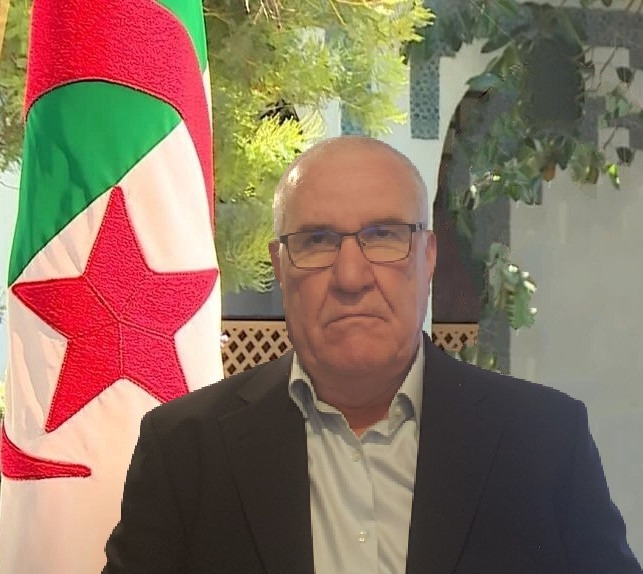Keynote Speakers

Prof. Rafael Capilla, Rey Juan Carlos University, Spain
Biography. Prof. Rafael Capilla received his PhD in Computer Science from the
Technical University of Madrid.
He is currently a full professor of software engineering at two Spanish universities and an
adjunct professor at
Lappeenranta University of Technology (LUT), Finland, since November 2022.
Over the past 20 years, Prof. Capilla has taught and conducted research in the fields of
software architecture,
architectural knowledge, software product line engineering, dynamic variability, technical debt,
software sustainability,
Industry 4.0, and the application of large language models (LLMs) to software engineering
challenges.
He has completed more than 12 Erasmus teaching visits and numerous research stays across Europe
and Latin America,
including the Netherlands, Germany, Ireland, Sweden, Brazil, Chile, and Colombia. In 2019, he
was a visiting professor
at Chalmers University of Technology (Sweden), where he taught a master's-level course on
Advanced Software Architectures.

Prof. Mahieddine Djoudi, University of Poitiers, France
Biography.Prof. Mahieddine Djoudi is a full professor at the University of
Poitiers, France, where he has been teaching and conducting research in computer science for
over two decades. He received his PhD in Computer Science from the University of Nancy, France.
His research interests cover a wide range of topics, including human-computer interaction,
artificial intelligence, collaborative systems, E-learning technologies, and digital tools for
knowledge sharing. Prof. Djoudi has supervised numerous PhD theses and has published extensively
in international journals and conferences.
He has participated in several European and international research projects and has served as a
reviewer and program committee member for numerous scientific events. He is also a member of
various academic and professional associations, contributing actively to the dissemination of
research in the Francophone and international scientific communities.
